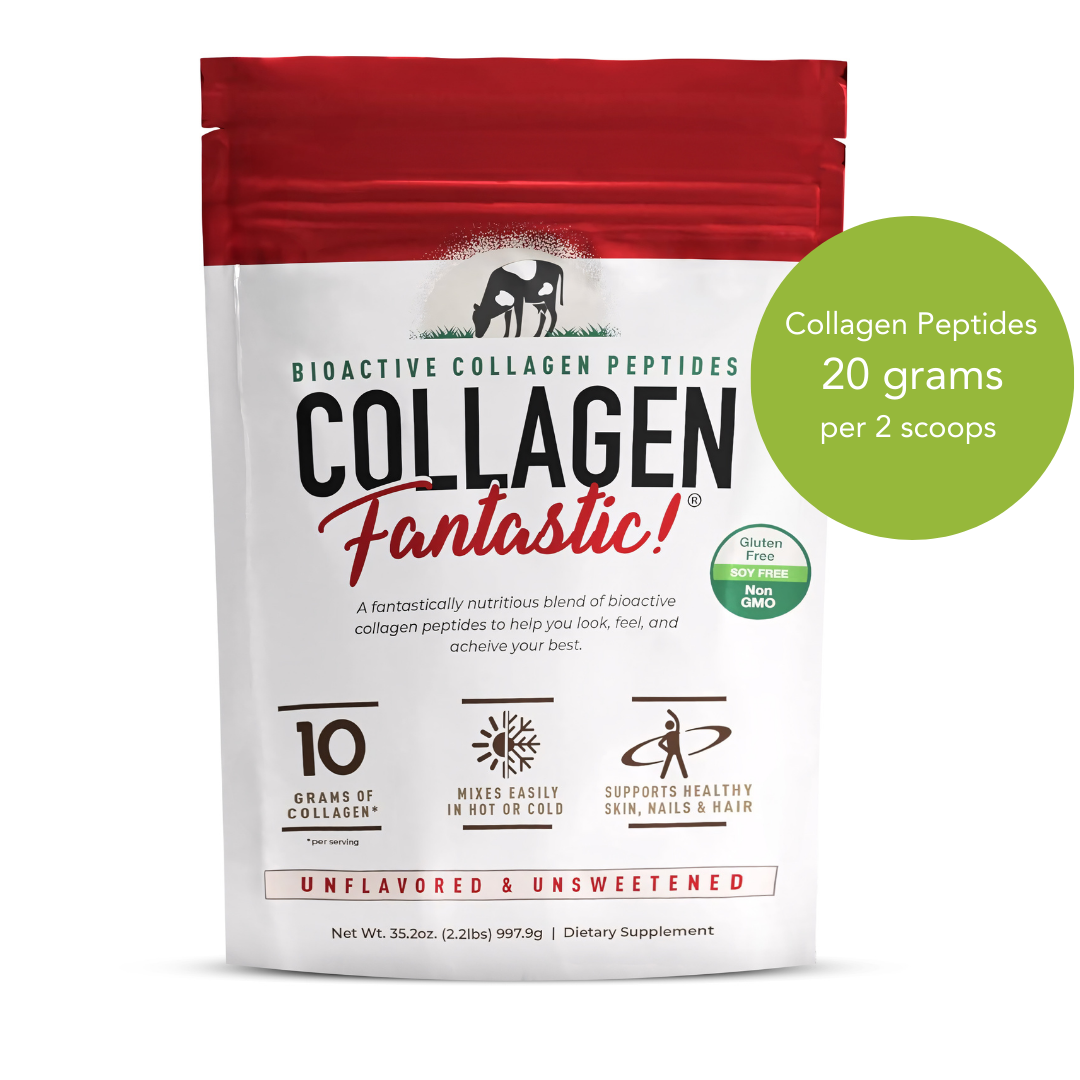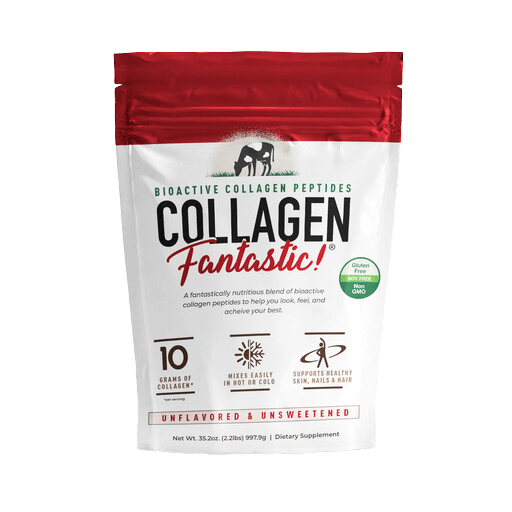You might have heard about whey protein, and how people involved in rigorous physical activities use it as a supplementation to improve muscle protein synthesis. But have you ever wondered what whey protein is? Or, what are the different types of whey proteins?
Well, that’s exactly what we are going to discuss in this post.
What is whey protein?
In pure technical terms, whey is the complete protein containing all the 9 essential amino acids, and is low in lactose content.
Along with casein, it forms the two major proteins found in milk. It can be separate from casein in the form of milk obtained during the cheese formation process as its by-product.
Types of Whey Proteins
Concentrates have reduced cholesterol and fat levels. Based on the goods, whey protein concentrate contains somewhere from 29 to 89 per cent protein. When the protein content of whey protein concentrate drops, the fat or the lactose content normally rises. Lactose intolerant sufferers should avoid lower protein content whey protein concentrates (less than 78%) because they frequently include more lactose, which varies widely from brand to brand.
Isolates are treated to reduce lactose and fat, however, they are generally poorer in bioactive components and have a protein content of 90 per cent or above. The cleanest and highly concentrated type of whey protein is whey protein isolate. It has a high protein content that is about 90 percent and extremely low lactose and fat (if any). On a gram-for-gram scale, whey protein isolate offers more necessary amino acids to the system than other proteins, however devoid of cholesterol or fat.
Whey hydrolysates are partly hydrolyzed, (broken down into smaller molecules) that are more readily digested and absorbed faster than unhydrolyzed whey proteins. that are relatively digested readily as a result. Whey protein hydrolysate also has a distinct bitter flavor from other types of whey protein, generally in an unfavorable way, however, this could be hidden when hydrolysates are employed in beverages.
Denatured and Undenatured whey proteins
Pasteurization denatures whey proteins by exposing them to an intense temperature such as one hundred sixty degrees Fahrenheit. Many beneficial molecules, like the amino acid cysteine, are destroyed during this procedure. Denaturing whey protein causes hydrophobic contact with various proteins, whereas natural whey protein doesn't clump when milk is acidified. At low pH, disulfide linkages develop between casein micelles and whey protein, resulting in coagulation with some other dairy proteins. Whey protein that has not been altered and has a perfectly organized structure is known as undenatured whey protein.
Why Must You Utilize Grass-fed whey protein?
 Whey protein powder from grass-fed cows offers special nutrients.
Whey protein powder from grass-fed cows offers special nutrients.
Grass-fed whey bulk contains extra nutrients not seen in regular whey powders. As per the studies, grass-fed milk contains further omega-3 fatty acids, which are good for cardiovascular wellness and decrease inflammation, as well as more vit D, which is good for enhancing your emotions, nearly twice beta carotene, which is good for tightening up your immune function, and additional dosages of conjugated linoleic acid, or CLA, which is good for reducing weight.
Examine the description on your protein powder or just buy a dependable brand, but grass-fed whey protein is typically free of soy, non-GMO and gluten-free. Grass fed whey proteins are typically certified as free from added bovine growth hormones such rBST and rBGH. Hormones and antibiotics may be used on conventionally bred livestock, which could be retained in the proteins and ingested in a person's system. Grass-fed whey protein powder is virtually made for you if you're worried about problematic substances.
Branched-chain amino acids are abbreviated as BCAA. This is an important group of amino acids with a similar molecular composition. BCAAs can be discovered in a variety of protein-rich meals, including chicken, beef, and milk products like whey protein.
What makes these amino acids essential? The body can make these amino acids and they must be consumed in the protein you eat. Research has indicated that adding BCAAs to your fitness regimen may enhance stamina throughout an exercise and stimulate muscular development afterwards, as well as minimize discomfort and weariness.
In one of the studies, it was found that following a resistance exercise, participants who drank a beverage with over five grams of BCAAs showed a 22 per cent boost in muscle protein synthesis in comparison to all others who drank a placebo.
As you can see, there are plenty of reasons for you to start using grass-fed whey protein if you are looking for supplementing your body with the essential proteins and nutrients. For more info on Fantastic Nutrition's Grass Fed Proteins click Here.
All the best!











